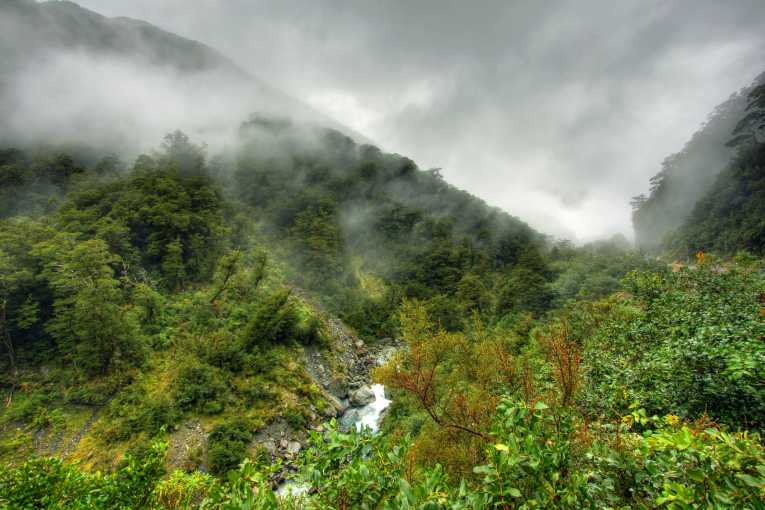May 22 was proclaimed as the International Day of Biodiversity (IDB) by the United Nations. 2011 is also the UN International Year of Forests, and hence forest biodiversity has been chosen by the UN as the theme for this years' IDB.
Forests cover about 31% of the land on Earth and are the most biological diverse land cover of the planet Earth. They contain more than two-thirds of the world's terrestrial species and the Amazon basin alone is home to an estimated 25 per cent of all land-based species.
And yet, forests are also essential for our own species. Indeed, more than 1.6 billion people depend directly on forests for their livelihoods, while they are also home to an estimated 300 million people around the world.
At a global perspective, rainforests are a precious resource to all of us. As very well presented by the official film of the International Year of Forests, that has been produced by Yann Arthus-Bertrand for the UN, rainforests provide a number of services and yet they are under threat by increased pressure from human activities. Forest biodiversity is being lost at an alarming rate, with up to 100 animal and plant species being lost every day in tropical forests.
One service provided by rainforests is climate regulation, and indeed one may think of these forests as the lungs of the planet Earth. Trees take up raw materials from their environment, namely water and carbon dioxide, which they then use for their growth.
At the same time they give off oxygen, the substance that has allowed a variety lifeforms to proliferate on our planet. Conversely, carbon dioxide is a greenhouse gas and the main culprit of the current climate change. This gas is produced by us humans from the burning of fossil fuels, upon which our energy demands depend.Three quarters of the world's accessible fresh water comes from forested watersheds, and impressively forests purify drinking water for two-thirds of the major cities in developing countries.
In an article to commemorate the IDB the current European commissioner for the environment, Janez Potocnik, explains that protecting nature is an ethical and a moral issue but it is also in our own interest to conserve and restore nature - otherwise we are just biting the hand that feeds us.
He goes as far as quoting a well-known Cree Indian Prophecy that says: ''only after the last tree has been cut down, only after the last river has been poisoned, only after the last fish has been caught, only then will you find that money cannot be eaten.''
On the IDB, Janez Potocnik echoes the call made by the UN on declaring the year 2011 as the International Year of Forests (see video above), and calls on our leaders to protect our planets' diversity for unless conservation goes on the agenda of every minister, our generation will fail the next one.
Image Credit: © Christopher Meder










